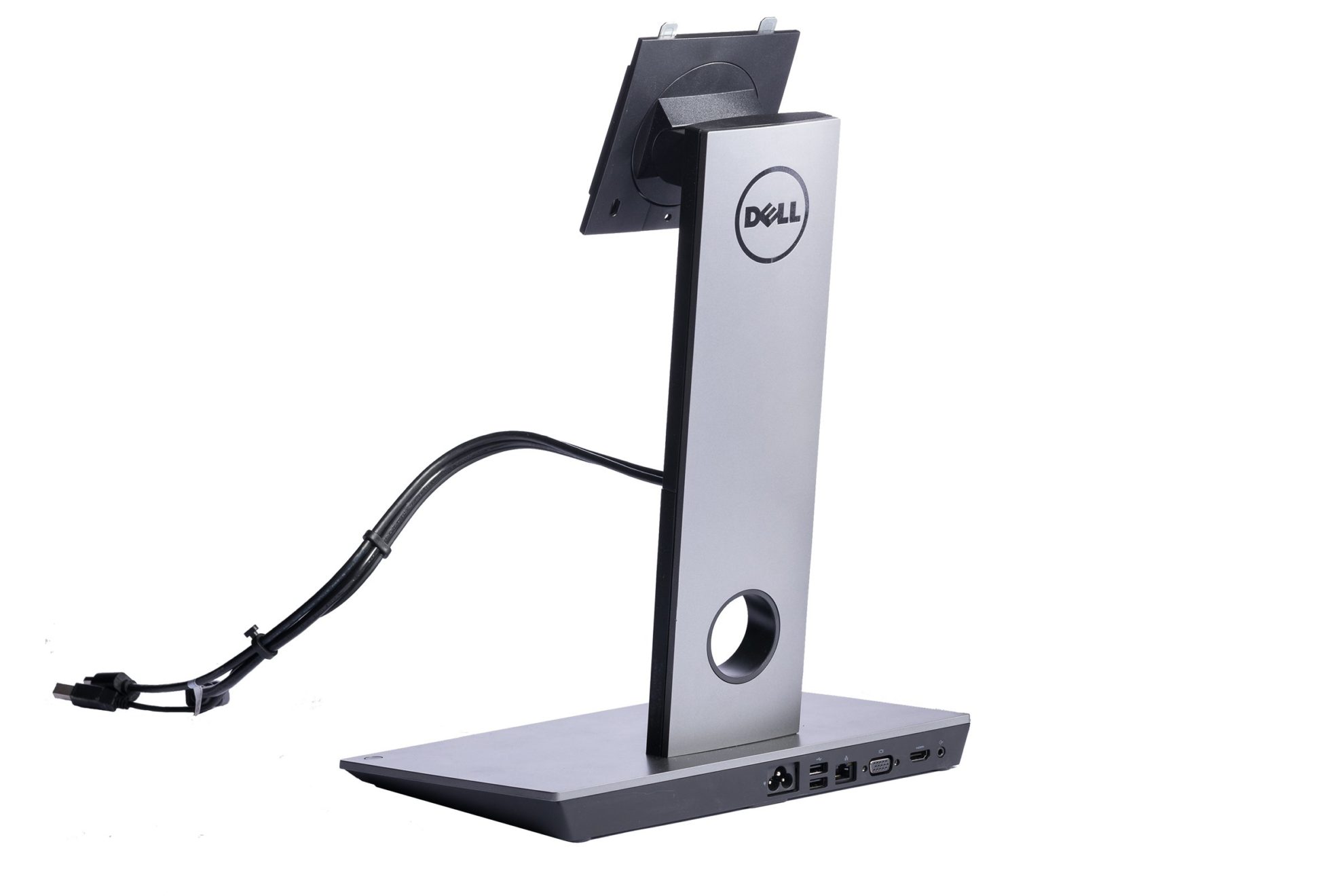

- WD15 DELL DOCKING STATION DRIVERS
- WD15 DELL DOCKING STATION DRIVER
- WD15 DELL DOCKING STATION SOFTWARE
- WD15 DELL DOCKING STATION LICENSE
# make sense, and module-filter-apply does the heavy-lifting of module-filter-heuristics tries to determine what filters # Modules to allow autoloading of filters (such as echo cancellation) # Cork music/video streams when a phone stream is active # when no local session needs us anymore. # If autoexit on idle is enabled we want to make sure we only quit # Automatically suspend sinks/sources that become idle for too long # Make sure we always have a sink around, even if it is a null sink. # Automatically move streams to the default sink if the sink they are Load-module module-default-device-restore # that look up the default sink/source get the right value # NOTE: This should be loaded as early as possible so that subsequent modules # Automatically restore the default sink/source when changed by the user # Please keep in mind that the modules configured by paprefs might conflict with manually This can be configured with the paprefs tool. # Load additional modules from GConf settings. #load-module module-rtp-send source=rtp.monitor #load-module module-null-sink sink_name=rtp format=s16be channels=2 rate=44100 sink_properties="scription='RTP Multicast Sink'" # Load the RTP sender module (also configured via paprefs, see above) # Load the RTP receiver module (also configured via paprefs, see above) # Network access (may be configured with paprefs, so leave this commented
WD15 DELL DOCKING STATION DRIVER
# Automatically load driver modules for Bluetooth hardware Load-module module-jackdbus-detect channels=2 # Automatically connect sink and source if JACK server is present # Use the static hardware detection module (for systems that lack udev support) # Automatically load driver modules depending on the hardware available #load-module module-oss-mmap device="/dev/dsp" sink_name=output source_name=input #load-module module-oss device="/dev/dsp" sink_name=output source_name=input #load-module module-alsa-source device=hw:1,0 # use module-udev-detect - see below - for doing this automatically)
WD15 DELL DOCKING STATION DRIVERS
# (it's probably better to not load these drivers manually, but instead Load-module module-switch-on-port-available # Should be after module-*-restore but before module-*-detect # Automatically augment property information from. # Automatically restore the volume of streams and devices # This startup script is used only if PulseAudio is started per-user
WD15 DELL DOCKING STATION LICENSE
# You should have received a copy of the GNU Lesser General Public License # General Public License for more details. # MERCHANTABILITY or FITNESS FOR A PARTICULAR PURPOSE. # WITHOUT ANY WARRANTY without even the implied warranty of # PulseAudio is distributed in the hope that it will be useful, but
WD15 DELL DOCKING STATION SOFTWARE
# the Free Software Foundation either version 2 of the License, or # under the terms of the GNU Lesser General Public License as published by # PulseAudio is free software you can redistribute it and/or modify it Thanks in advance to anyone who is able to help me. None of the things I've found with my searching so far have helped.

Since I know so little about sound in Linux I'm going to post the content of a few files I feel may be relevant, sorry if an important one is missed. In gnome settings only the built-in audio is displayed, and that works fine. However running alsamixer, pressing F6 and trying to select the card results in a crash and `cannot load mixer controls: Invalid argument` being displayed. **** List of PLAYBACK Hardware Devices ****Ĭard 0: Audio, device 0: USB Audio Ĭard 0: Audio, device 1: USB Audio Ĭard 1: PCH, device 0: ALC3246 Analog Ĭard 1: PCH, device 3: HDMI 0 Ĭard 1: PCH, device 7: HDMI 1 Ĭard 1: PCH, device 8: HDMI 2 Ĭard 1: PCH, device 9: HDMI 3 Ĭard 1: PCH, device 10: HDMI 4


 0 kommentar(er)
0 kommentar(er)
